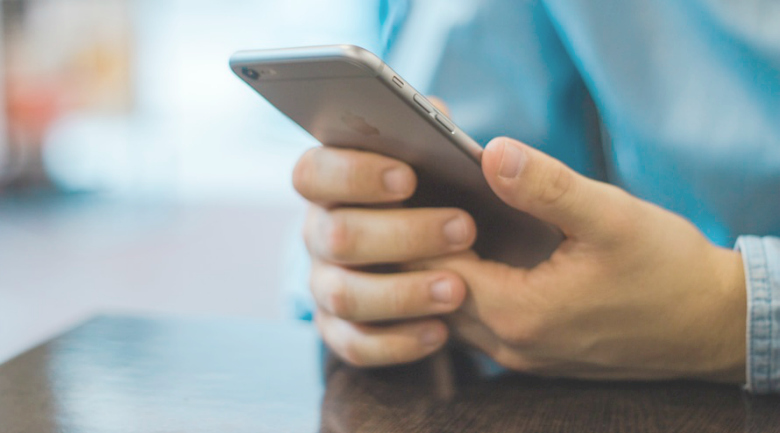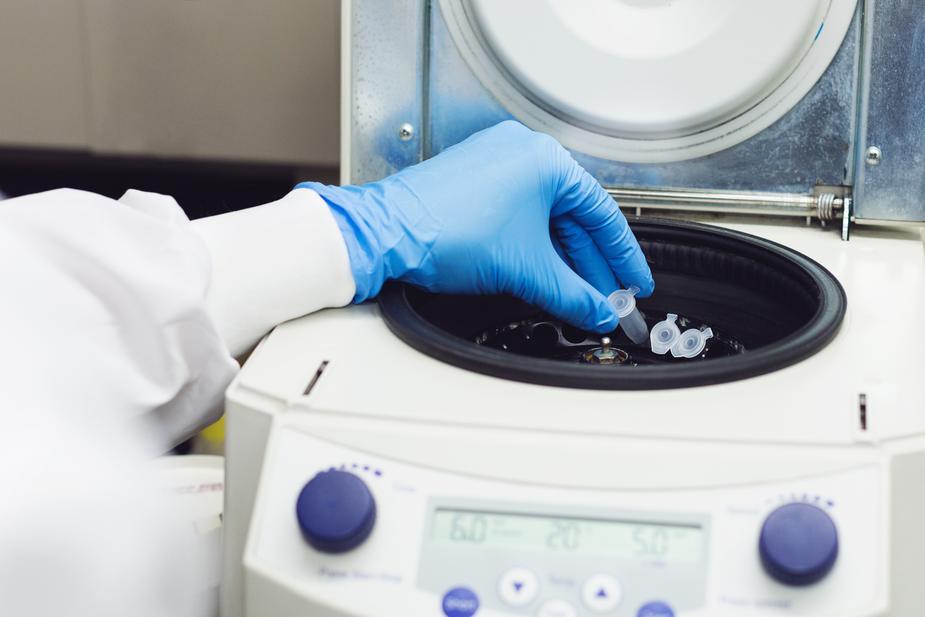Nothing too hard to crack
“There is no phone on the market that is impossible to crack,” claims Leeor Ben-Peretz, an executive from Cellebrite aka one of the world’s leading data extraction companies. Should this make us feel scared or secure?
![]()
The go-to guys
The Israeli based company first gained recognition after they reportedly helped the FBI hack into the iPhone of a killer involved in the San Bernadino shootings.
Though Cellebrite has not confirmed their involvement, they have since been known as the go-to phone hackers, and are utilized by governments around the world.
It was recently revealed that Cellebrite technology can even uncover information from locked phones in mere seconds, including texts and photos that have already been erased.
Now, before you start to second-guess involving yourself in that politically charged group message, you should know that Cellebrite’s technology only works when your smartphone is physically connected to one of their own devices. So unless your phone is in their possession for one reason or another, you are in the clear.
For the most part, Cellebrite has contracts with law enforcement agencies, with their main purpose being to aid in investigations.
Which phone is toughest to crack?
The company has seen its own challenges throughout the years, as phones continually update.
According to Ben-Peretz, it is a race against the clock once phone company’s launch new models. They already have an estimated 15,000 phones in their lab, with at least 150 new ones being added each month.
Ben-Peretz reveals that the toughest smartphones to crack have been iPhones, since Apple has full control over all of the hardware and software design.
Raising eyebrows
Though Cellebrite’s technology is quite impressive, it has raised a few eyebrows for those concerned about a potential abuse of privacy by dictatorial regimes and other corporations. As noted, Cellebrite typically works with law enforcement, though more contracts have been signed with private firms who conduct corporate investigations.
To quell some fears, Ben-Peretz ensures that all clients are properly vetted and should respect privacy laws. However when it comes to governments, he has stated that the responsibility falls on them.
For Cellebrite this shifts the blame to the clients, some of which may already be corrupt governments.
#Cellebrite
Natalie is a Staff Writer at The American Genius and co-founded an Austin creative magazine called Almost Real Things. When she is not writing, she spends her time making art, teaching painting classes and confusing people. In addition to pursuing a writing career, Natalie plans on getting her MFA to become a Professor of Fine Art.











































